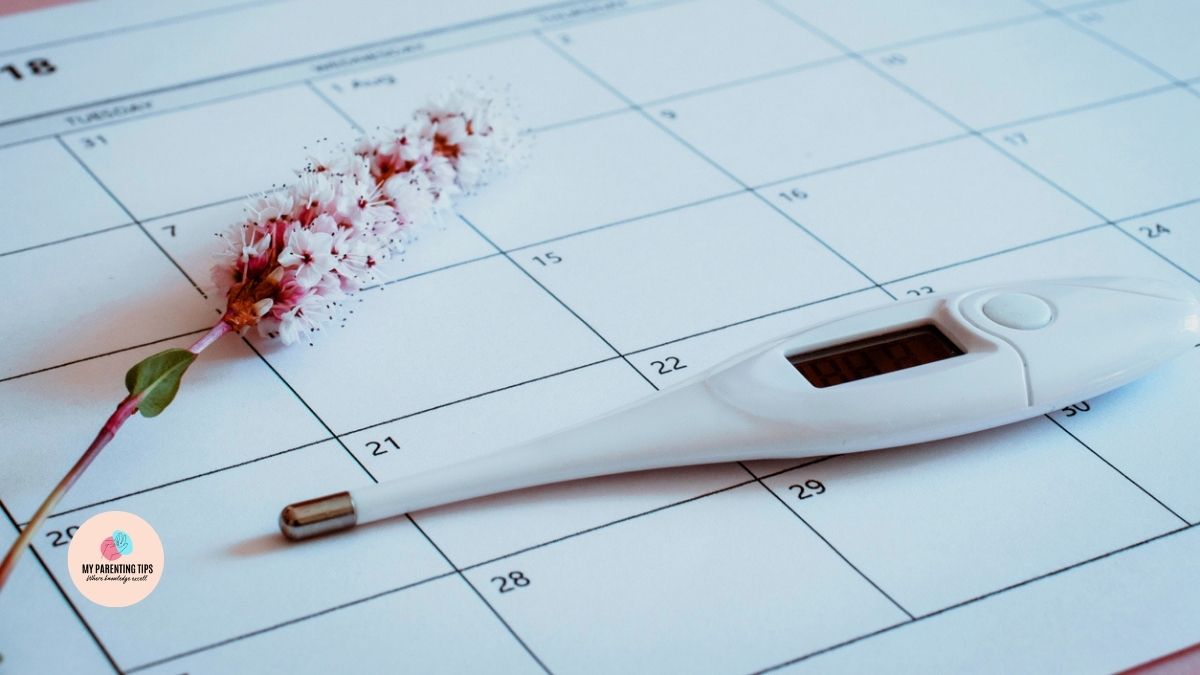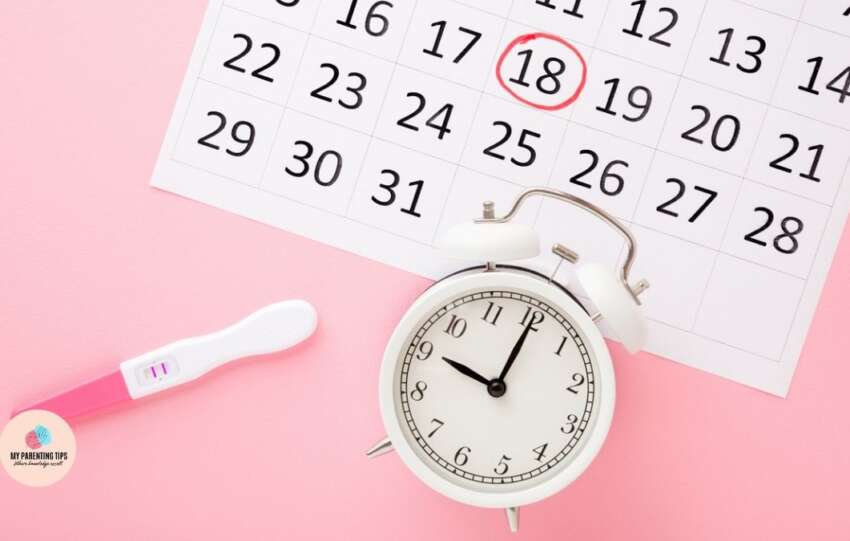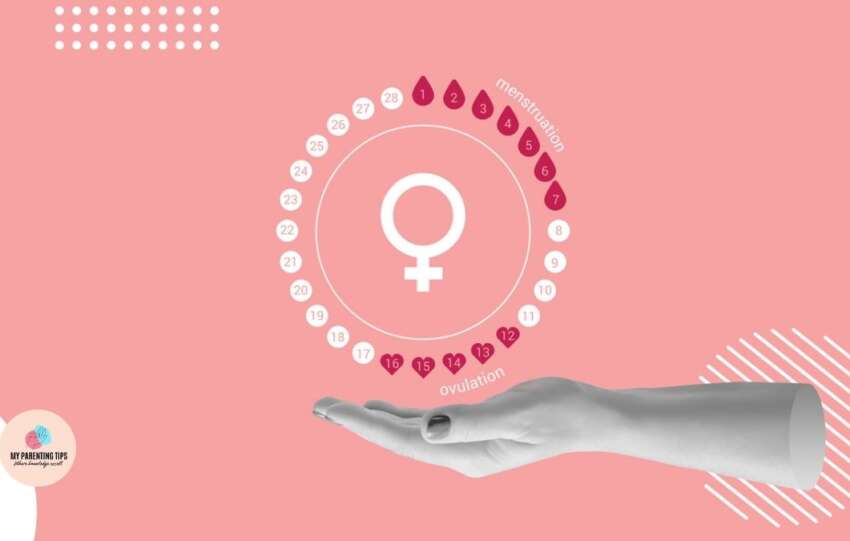12 Conception Tips When Trying For a Baby

“Specifically for couples trying to conceive following a pregnancy loss, this piece of research provides useful, encouraging advice covering subjects such as ovulation tracking, lifestyle adjustments, diet, and emotional support.”
Many couples find attempting to conceive to be an interesting but occasionally difficult trip. Given all to consider, one naturally experiences both hope and anxiety. These twelve useful and scientifically based suggestions can aid you on your road and raise your chances of pregnancy.
Enclosed are 12 tips but not limited to while trying to conceive a baby:
1. Track Your Ovulation.
Trying to conceive calls for an awareness of your ovulation period. Usually occurring around 14 days before your next period, ovulation occurs midway through your cycle. But cycles vary, hence a basal body thermometer, ovulation kits, or fertility tracking app can help you find your most fertile days. You can thus time intercourse for your most fruitful window.
2. Choose a Nutrient-Dense Diet.
A balanced diet helps your body be in support of conception. Vitamin, mineral, and antioxidant-rich foods aid in reproduction. Fruits, whole grains, lean meats, and leafy greens are good substitutes. Found in foods like broccoli and beans, folic acid is particularly crucial for pregnant women since it aids early foetal growth.
3. Keep a Good Weight.
Fertility might vary with weight. Underweight or overweight can influence hormone levels, therefore influencing ovulation. Regular exercise and a good diet help one aim for a balanced weight. See a healthcare professional to help you create reasonable expectations depending on your body type.
4. Lower Stress
Hormone balance can be disturbed and fertility impacted by long-standing stress. Think about daily walks, yoga, or meditation as means of stress reduction. Little behaviours like mindfulness techniques or breathing exercises have a tremendous impact. Developing a schedule that aids in relaxation will improve your mental and physical state during the conception process.
5. Restrain Coffee and Alcohol
Abuse of alcohol and caffeine can compromise fertility. Doctors advise cutting alcohol intake and restricting caffeine to fewer than 200 mg daily—about one 12-ounce cup of coffee. Rather, choose water, herbal teas, and nutrient-dense juices that maintain your hydration and boost general health.
6. Think Through Prenatal Vitamins.
Prenatal vitamins benefit one trying to conceive as well as those in pregnancy. To assist with reproductive health and prepare the body ready for conception, look for a vitamin comprising B vitamins, vitamin D, and folic acid. This small exercise enhances your health and provides the required nutrients to be ready for a healthy pregnancy.
7. Aiming for Conception Following Pregnancy Loss
Trying to conceive following pregnancy loss can be quite emotionally taxing. Healing takes time; there is no right or wrong chronology. Assemble a support network comprising friends, relatives, or even a counsellor that understands you. Your doctor can advise specifically for your health demands and assist in deciding when to begin attempting once more.
8. Plan Frequent visits.
Regular health visits can guarantee that your body is in the optimum state to enable a pregnancy. These sessions become even more crucial if you are trying pregnancy after pregnancy to find any issues or get customised counsel. Frequent visits let you talk about lifestyle changes or get a physical health check to help you on your conception trip.
9. Timing and Intimacy Frequency
While timing intimacy around your reproductive window is best, keeping a laid-back attitude is also quite important. Experts advise having sex every two to three days during your cycle to help you stay stress free and raise your chances of pregnancy. Often the result of emphasising quality time instead of a rigorous schedule is a more relaxing and fun encounter.
10. Remain Current on Fertility Health
Along this road, information will assist you to empower yourself. Knowing more about your body and conception will help you to be clear and help to lower worry. You can peruse materials including Thinking About Getting Pregnant? How to Get Ready for Pregnancy for more direction and knowledge of the actions that could help your objective even more.
11. Collaboration of Partners
Additionally crucial is the health of your partner. Changes in lifestyle to help sperm quality include a balanced diet, consistent exercise, and less alcohol. Supporting one another on this road deepens your relationship and lays a solid basis for parenthood.
12. Know When to Ask Questions.
Although conception takes some time, if you have been trying for a year (or six months if you are over thirty without success) see a fertility doctor. They can offer insight, run required tests, and go over possibilities that can raise your odds. Recall that getting aid is a proactive approach to realise your dream.
Last Thought
Every couple travels through the process of attempting to conceive differently. You are actively supporting this wonderful road to parenting by choosing deliberate lifestyle changes, charting your ovulation, and emphasising mental health. Every little action you take counts; with patience and the correct support, you are giving yourself the best opportunity.
Information Sources
For further reliable guidance on conception and fertility, consult these trustworthy sources:
- CDC –https://www.cdc.gov/preconception/
- ACOG –https://www.acog.org/
- NIH – https://www.nih.gov/
Disclaimer
This article provides general information only. Always consult your healthcare provider for personalised guidance when attempting pregnancy.



